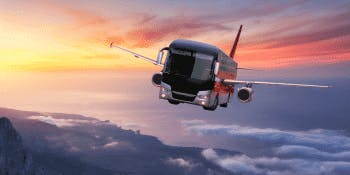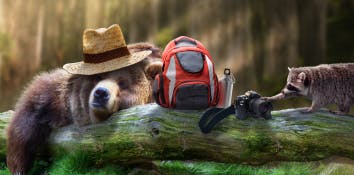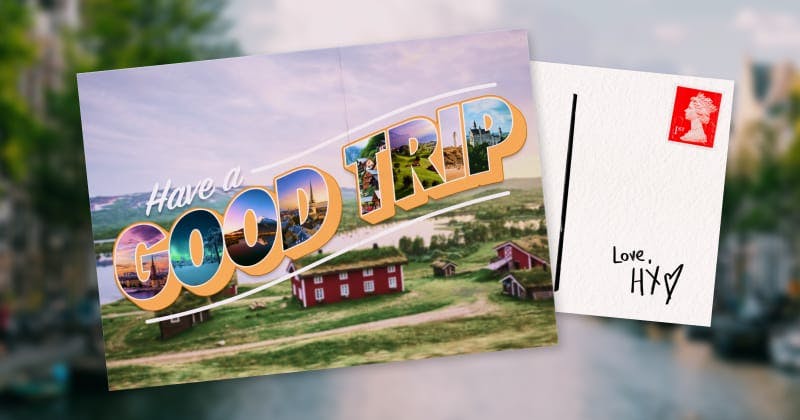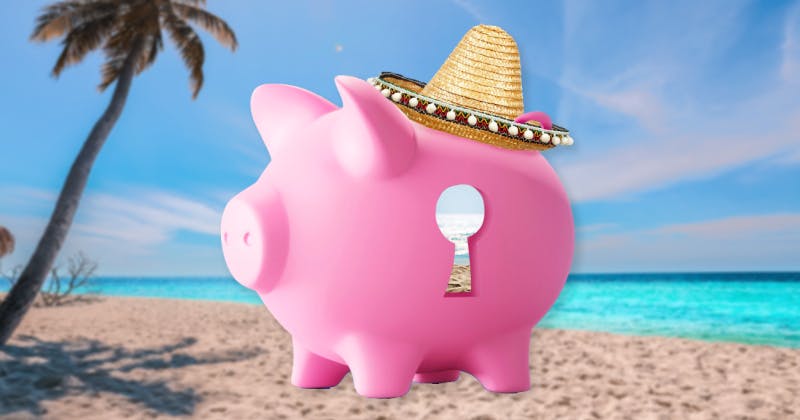
Kenya Travel Guide
Diverse landscapes teeming with wildlife are waiting to be explored in Kenya. Here's everything you need to know before you travel.
What you'll find in this guide:
Top things to do in Kenya
Kenya for LGBTQI+ travellers
Practical info
Facts about Kenya
Getting to Kenya
Getting around Kenya
GMT +3
Kenyan shilling (KES)
Swahili and English
Type G (same as UK)
8hr 30
Is Kenya safe for LGBTQI+ travellers?
Kenya isn't a safe destination for LGBTQI+ travellers to visit. Same-sex activity is illegal – breaking sodomy laws is punishable by up to 14 years in prison, sexual practices termed 'gross indecency' can result in a 5-year prison sentence, and showing public affection could also get you arrested and imprisoned.
Attitudes towards the LGBTQI+ community in Kenya are overwhelmingly negative. The vast majority of Kenyans oppose same-sex marriage and believe homosexuality should not be accepted in society.
If you'd prefer to travel somewhere where simply existing isn't a crime, take a look at some of our favourite destinations for LGBTQI+ travellers and top places for an exotic but ethical trip.
Practical Info
Culture and etiquette
Religion
Kenya's largest religion is Christianity, practiced by around 80% of the population. Islam is the second-largest religion, with the majority of Muslims living in coastal areas. The coast tends to be more conservative because of this, so it's a good idea to wear clothes that cover up your arms and legs away from the beach and tourist resorts – especially at religious sites and during the holy month of Ramadan.
Tipping
A service charge is often included at restaurants and hotels, but if it isn't a tip of around 10% will be appreciated for good service. It's also the norm to tip your guide if you're going on a safari – around 2,000 Kenyan shillings per room per day will do the trick.
Smoking
Smoking is illegal in public places, except for designated smoking areas. You could be fined 50,000 Kenyan shillings, or face 6 months in prison, for smoking in public.
Photography
Taking photos at the airport and official buildings like embassies is illegal and could lead to arrest.
Jabs, visas and other advice
The FCDO advises against all but essential travel to parts of Kenya. This includes the Kenya-Somalia border, eastern Garissa County, Mandera County (except Mandera West), Lamu County (except Lamu Island and Manda Island), Tana River County and the coast between Tana River and Galana River.
Make sure to carry personal ID with you at all times. A copy of your passport is normally fine, but police officers might insist on seeing the original document.
For up-to-date advice on jabs, visas and other foreign advice, we recommend following the government’s website.
Emergency numbers
In an emergency, call 999.
Some facts about Kenya
Millions of tourists head to Kenya every year, and once you see its natural landscapes and wildlife you'll see why. Its diverse geography, ranging from savannahs and lakelands to the Great Rift Valley and mountain highlands, provides habitats for a vast array of wildlife, including the Big Five (lions, elephants, buffalo, leopards, and rhinos) and unique species like gerenuks, Grévy’s zebras, and reticulated giraffes.
Kenya's up there with the best places to see one of nature's most spectacular events – the annual wildebeest migration. Over a million wildebeest, along with zebras and gazelles, migrate in a circular route between the Serengeti in Tanzania and the Maasai Mara National Reserve in Kenya.
TopGetting to Kenya
The best way to get to Kenya from the UK is to fly. Flights from London to Nairobi take around 8 hours 30 minutes.
Getting around Kenya
Domestic flights are relatively affordable and can quickly get you between Nairobi, Mombasa, coastal towns and smaller airports near to national parks. If you're heading to Lamu Island or Manda Island flying is the only way to get there, as the FCDO currently advise against travelling through the rest of Lamu County.
Hiring a car is a good option in Kenya and gives you the freedom to explore the country at your own pace. Just bear in mind that road conditions vary widely, and you should avoid driving at night due to poorly lit roads and the heightened risk of carjacking. If you don't fancy driving, buses run between most towns and a high-speed train links Nairobi and Mombasa. Or you can hop in a matatu, a shared taxi that only leaves when it's full.

Kenya ranks 144th on the Good Trip Index
This score is calculated based on Sustainability, Human Rights, Women's Rights, Press Freedom, Quality of Life, LGBTQI+ Rights and Animal welfare
Find out more





















